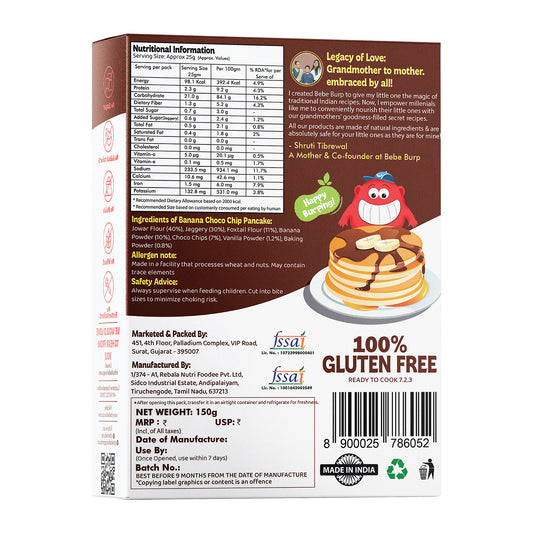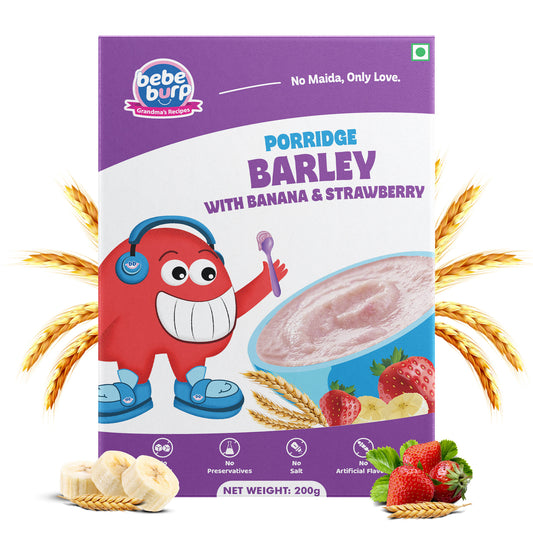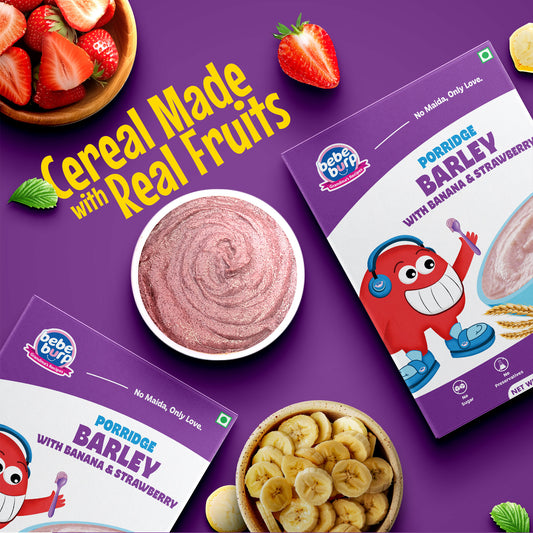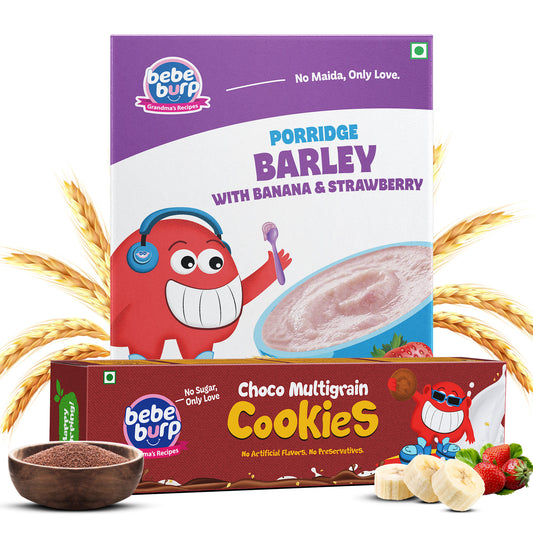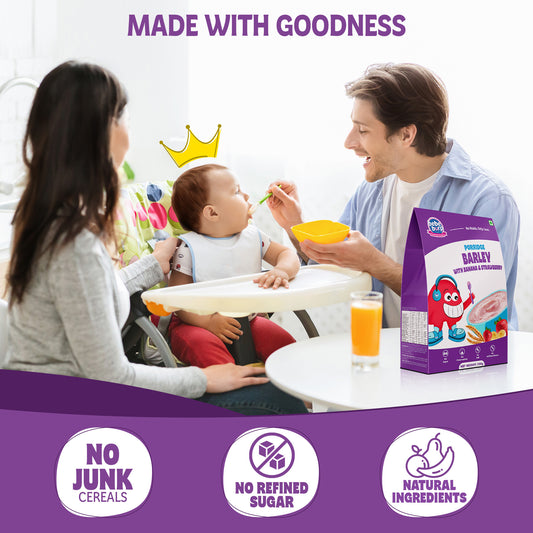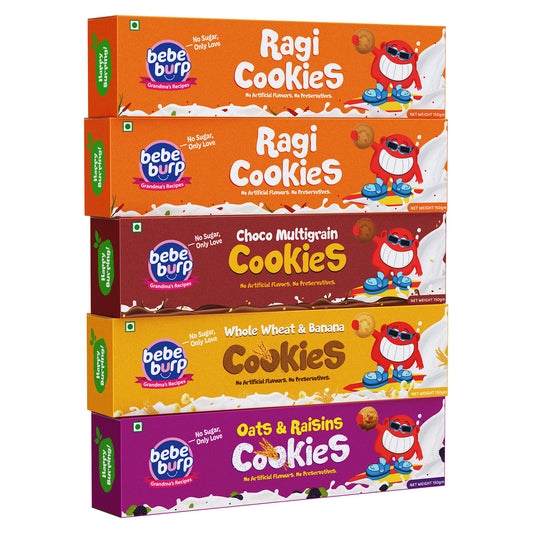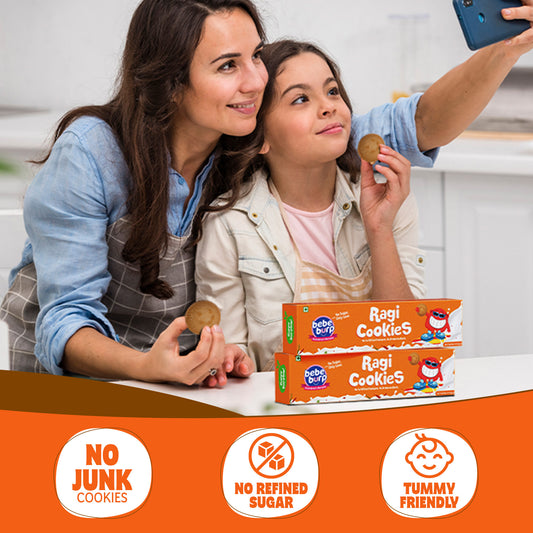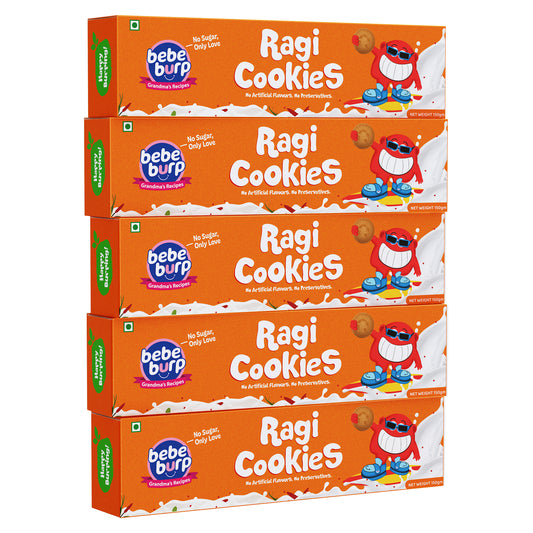Though preparing homemade baby food allows for control over the ingredients and adds nutritional value while being economical, it has many challenges.
Time, safety, nutrition, and storage, to name a few, can become difficult to manage.
This is why buying pre-made food is more practical, as it can be stored for a long time without losing its nutritional value.
Time & Effort: As with everything, making homemade baby food from scratch requires more time than buying one off the shelf.
Storage: Homemade food has a shorter shelf life and, therefore, needs to be frozen or refrigerated, while store-bought food is poached and has an elongated shelf life.
Food Safety: Most homemade foods operate with the risk of not being properly handled, while store-bought foods are always pasteurized.
Nutritional Balance: Homemade foods require more planning than pre-planned store-bought foods created to meet balanced dietary requirements.
Convenience: Store-bought foods are packed, separated, and ready to serve instantly.
Pros of Homemade Baby Food
- Ingredient Control: Your baby's food selection includes fresh vegetables with minimal added ingredients.
- Cost Savings: Buying larger quantities while portioning products for the freezer will lead to economic benefits.
- Customization: Food preparation must fit your baby's dietary and eating preferences.
Cons of Homemade Baby Food
Time-Consuming: The entire process, which includes food shopping followed by preparing food for pureeing, takes up considerable amounts of your valuable time.
Storage and Convenience: Frequent meal preparation becomes necessary because products have a short shelf life.
Potential Nutrient Loss: The chosen cooking procedure determines nutritional preservation since incorrect preparation methods decrease the nutritional content.
Skill and Knowledge Requirements: Needs cooking know-how and understanding of baby nutrition.
Lack of Variety: It becomes difficult to sustain a regular supply of varied flavours and textures in foods.
Store-Bought Baby Food vs. Homemade Baby Food
Convenience: Store-bought is good to go, making it convenient for parents with tight schedules.
Safety and Quality: Respected brands follow rigid safety and quality protocols.
Cost: Even though store-bought options, particularly organic ones, can be pricey, you can use sales to save some cash.
Texture and Freshness: Homemade usually has a better texture and fresh flavour but requires more work.
For more insights on the comparison between homemade and store-bought baby food, check out our detailed blog: https://bebeburp.com/blogs/news/homemade-vs-store-bought-baby-food
Understanding Baby’s Nutritional Needs
From birth to six months, babies require unique nutritional support, which can be achieved using formula or breast milk.
Afterwards, age-appropriate solid foods are introduced to provide additional nutrients such as zinc, vitamin D, and iron.
Safer Alternatives to Homemade Baby Food
Opt For Famed Companies: Select well-known companies with low levels of preservatives.
Merge Store Bought and Homemade: Incorporate both for greater convenience and selection.
Baby-Led Weaning: Let infants have control over feeding themselves soft foods that are suitable for their age.
Tips for Parents Who Prefer Homemade Baby Food
Think in Advance: Gather and prepare all necessary materials for a specific time slot, e.g., create a comprehensive meal plan for the family.
Keep Learning New Skills: Using the steaming method helps maintain food nutrients.
Practice Food Safety: Proper hand sanitation measures should be observed, clean utensils must be used, and food must be stored correctly.
Cooking Food in Batches for Storage: Making a large quantity of food and freezing it in separate portions makes storing it easier.
Knowing Nutrition Plan for Infants: Knowing the infant's nutritional needs and planning a well-balanced meal is essential.
Conclusion
Making baby food yourself has both advantages and disadvantages.
Control and customization are positive factors, while time, precision, and skill are negative considerations.
Pre-prepared baby food selections are safe and convenient. Your way of life will impact what decision is the best for you.
Homemade, pre-prepared or a mixture of both––the ultimate aim is providing nourishment that promotes healthy growth and development.
Go with your heart and make the most of every new milestone with your little one.




